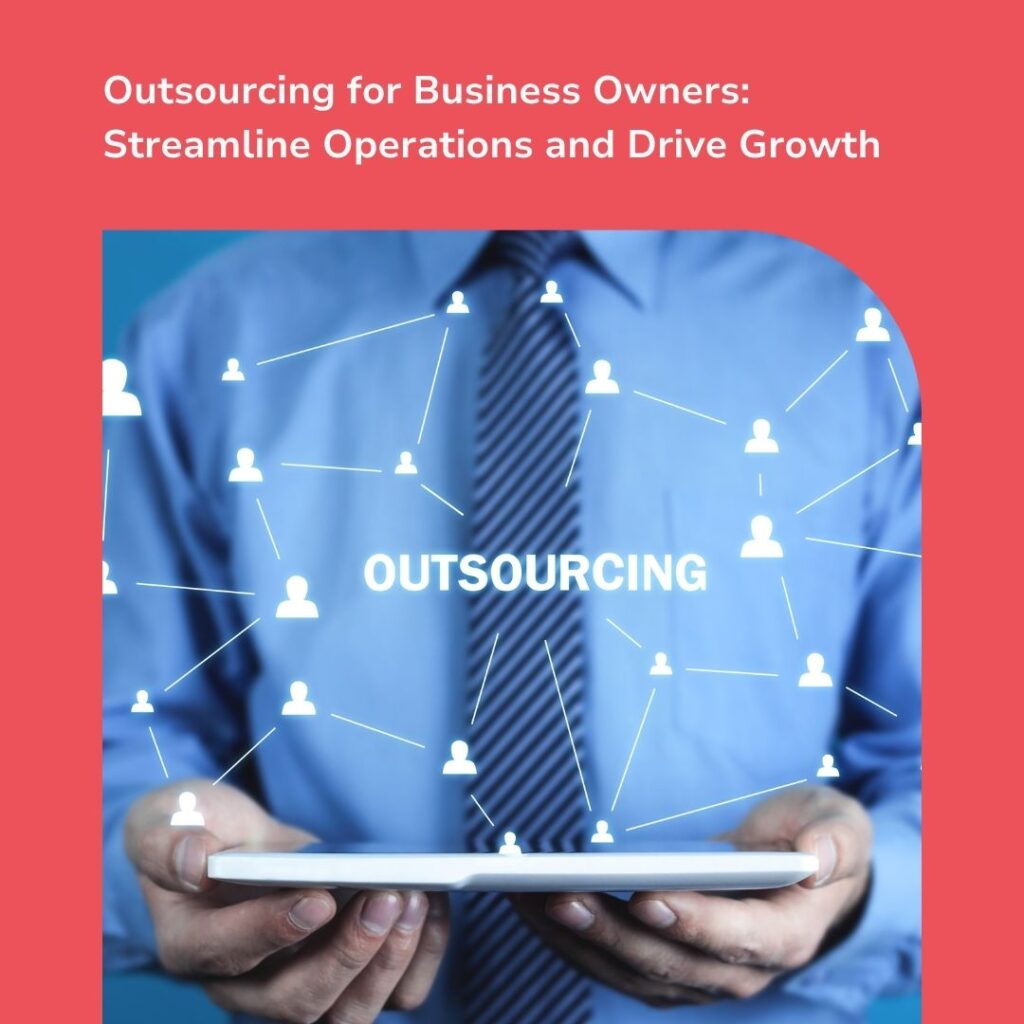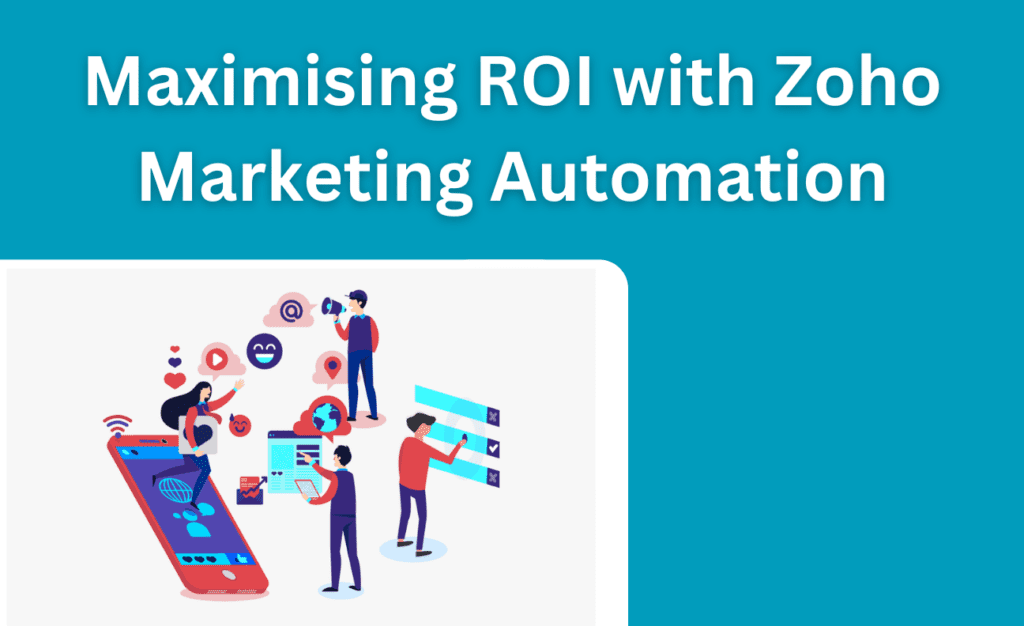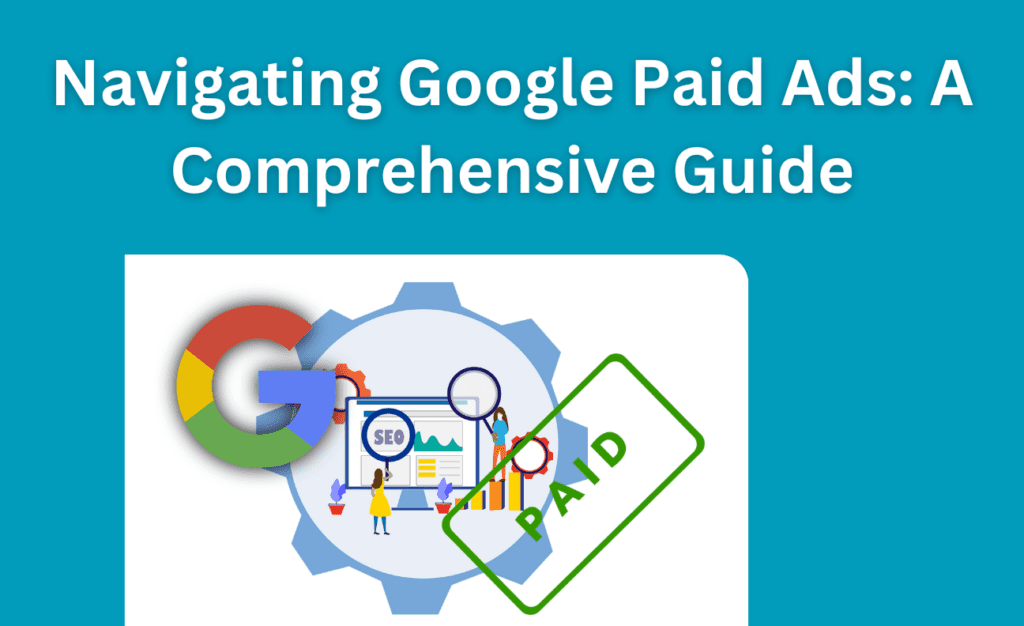When it comes to eCommerce, generating leads is essential for success.
However, managing those leads can be a challenge. How do you make sure that you are reaching out to potential customers in a timely manner, while also not spamming them?
In this blog post, we will discuss some tips for effectively managing your eCommerce leads.
1. Be Quick to Respond
Always keep in mind that the lead might not be considering you as a business. They’ll be just exploring their options, shopping around, searching, and asking queries to your competitors as well.
Quick responses are crucial and compelling as it gives the impression that you’re always available, ready to help. The quicker your response is, higher the chance to land them as a client.
In fact, your response need not be specific and detailed. A simple call-back invitation or response confirmation email would suffice.
2. Train Your Staff
Use the potential of your human capital. Your staff should be trained to take data from a lead management system and combine it with personal sales techniques to fetch them as clients.
The information given by the lead is enough for skilled staff to personalize the products and services and to progress higher in sales.
The lead management software you use would give them a head start, collecting enough information, giving them effective conversations, and yielding better results.
3. Nurture Your Leads
The nurturing times between the point of generation and conversation are lesser in B2C than in B2B. This is because when it comes to B2C, the decision maker is usually one or two people, in contrast to B2B.
Here, emotion can be a strategy as consumers are usually driven by gut feelings and impulses, leading to shorter nurture times.
4. Lead Management Software
Your thoughts would have shifted suddenly to CRM systems, but CRM and lead management are two different processes.
Your new lead is your potential customer, who can boom your sales if the process is smooth between the two parties. CRM v/s Lead management is like existing customers v/s potential customers.
The Customer Relationship Management (CRM) system would help you consider a sales approach, from existing customer databases. A lead management system, on the other hand, helps with the data collection, identification of prospects, closing the deal and growing the business.
The process of data collection, identifying prospects, and closing the deal is included in the lead management system. CRM- Customer Relationship Management, on the other hand, requires you to have an existing customer database, and then offers new sales approaches.
Though CRM can never be a part of lead management, it is useful once they become your new client. There are software tools that combine both CRM and lead management. The software you choose must be best suited to meet the needs of your business, irrespective of size.
Some of the features you may consider include:
- Process Optimization
- User-friendliness
- Understanding and improving buyer journey
- Capacity to expand as the business grows/evolves
- Integration with other business systems
To know more, get in touch with us today.
You may also like:
- 6 Digital Marketing Strategies to Boost Lead Generation
- LinkedIn Lead Generation
- Reading the Market – Your Ticket to Leading the Market
- Sales Enablement – Beyond Lead Generation for Business
5. How to Improve the Quality of Your Leads as a Property Business









